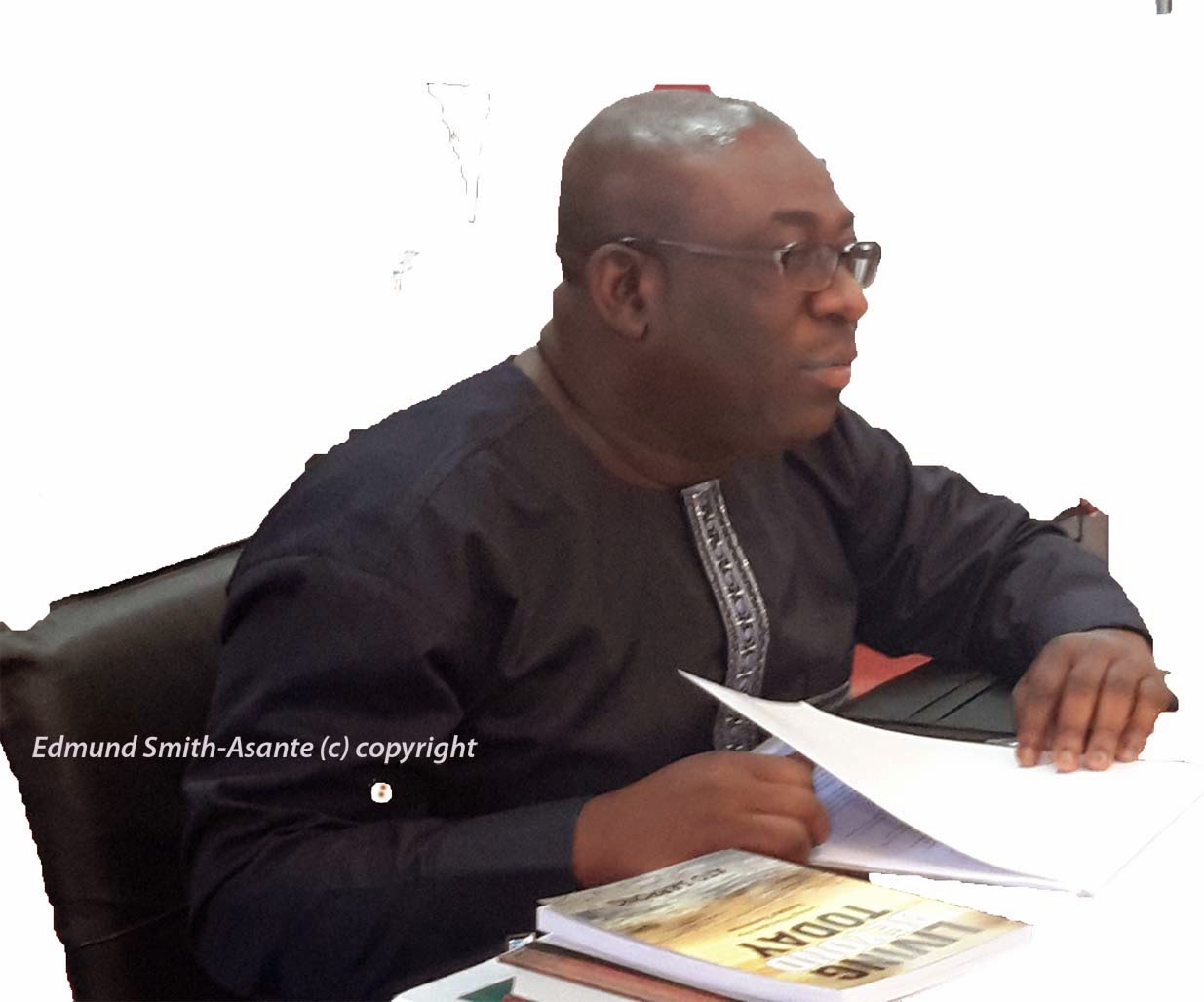Forest protection plans in Ghana, others headed for disaster unless...
BY EDMUND SMITH-ASANTE
The Forest Governance Learning Group (FGLG) teams in Ghana, Indonesia, Mozambique, Tanzania and Vietnam have warned that national plans for REDD+ in their countries could do more harm than good.
They maintain that unless such national plans to protect forests are reverted to focus on benefitting the forest-dependent communities, biodiversity and climate, the strategies will be headed for irreversible disaster.
Commenting on a report on national forest protection plans, the five FGLG teams said in many countries top-down, government-led plans for REDD+ have been rushed through and focus more on how to count carbon stored in trees than on how to actually implement a system that brings real benefits for communities, biodiversity and the climate.
According to the report released last week by the International Institute for Environment and Development (IIED), “tropical countries that seek a share of billions of dollars of climate finance in return for protecting their forests risk creating strategies that fail to bring social and environmental benefits.”
For his part, James Mayers, head of IIED’s Natural Resources Group and co-author of the FGLG report stated; “REDD remains forestry’s best hope yet but it must be built from the bottom up.”
“Strategies are difficult to turn around once they head off in the wrong direction — and the costs of bad strategy for forests are extremely high. To realise justice in the forests, policymakers must turn REDD on its head and put control of the forests into local hands,” he added.
The report draws on the work of Forest Governance Learning Group (FGLG) teams in ten nations in Africa and Asia to promote decision making about forests that is fair and sustainable.
It highlights success stories at the national level, in which FGLG teams have influenced policy processes to promote outcomes that benefit forest-dependent communities who have been marginalised.
On the international stage, the FGLG teams have focused on how their countries are preparing for REDD+, a system being developed to reward countries that maintain or increase their forest to limit emissions of greenhouse gases from deforestation.
The FGLG teams bring together representatives of communities, governments, civil society organisations, businesses and the media, to explore the drivers of poor forest governance and to influence policymaking.
FGLG teams operate in Cameroon, Ghana, India, Indonesia, Malawi, Mozambique, South Africa, Tanzania, Uganda and Vietnam. For each country the report describes successes from the past year and plans for activities between now and 2013.
The project has been steered by IIED since it began, in 2003, and has been funded by the UK and Dutch governments and the European Commission.



Comments
Post a Comment